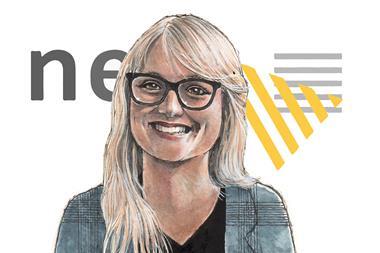Danish pension fund P+ announced it has divested 10 Chinese companies and put a further 10 under heightened observation over concerns about connections to forced labour linked to solar cell production.
The DKK150bn (€20bn) labour market pension fund wrote an opinion piece in the publication Finans that it aimed to have at least 15% of its portfolio invested in climate-friendly investments by 2030 – which was why it was continuously looking for new green assets.
“And here we are faced with a dilemma in relation to solar cells,” wrote Kirstine Lund Christiansen, head of responsible investments at P+.
China had invested heavily in the supply chains for solar cells, she said, and Chinese manufacturers were now are estimated by the International Energy Agency to have a market share of more than 80%.
“From a market perspective, concentration in itself can be worrying,” she said, adding: “But it is particularly worrying that the Chinese-dominated supply chains entail a high risk of the possible use of forced labour.”
P+ said several independent sources had documented that the Chinese state systematically oppressed the ethnic minority Uyghurs in Xinjiang province, who were at risk of ending up in internment camps and being put to forced labour.
“And solar cell production is one of the industries where the risk of links to forced labour is very high, as Sheffield Hallam University, for example, concludes,” Lund Christiansen said.
The UK university produced a report in May 2021 entitled ‘In broad daylight: Uyghur forced labour and global solar supply chains’, in which it concluded that the solar industry was particularly vulnerable to forced labour in the Uyghur region.
P+ said the situation in Xinjiang emphasised that climate-friendly investment was also full of dilemmas.
“We have therefore reviewed our portfolio and said goodbye to 10 Chinese companies that we believe are closely connected to the problems in Xinjiang,” said Lund Christiansen, adding that a further 10 companies that were exposed via their supply chains had been placed under heightened observation and active ownership.
“We have also intensified our dialogue with the asset managers who have invested in solar energy on behalf of P+, to increase their focus on the issue and responsible corporate behaviour in supply chains,” she said.
IPE has asked P+ to disclose the names of the banned stocks and the total value of the divestment.
Read the digital edition of IPE’s latest magazine



















